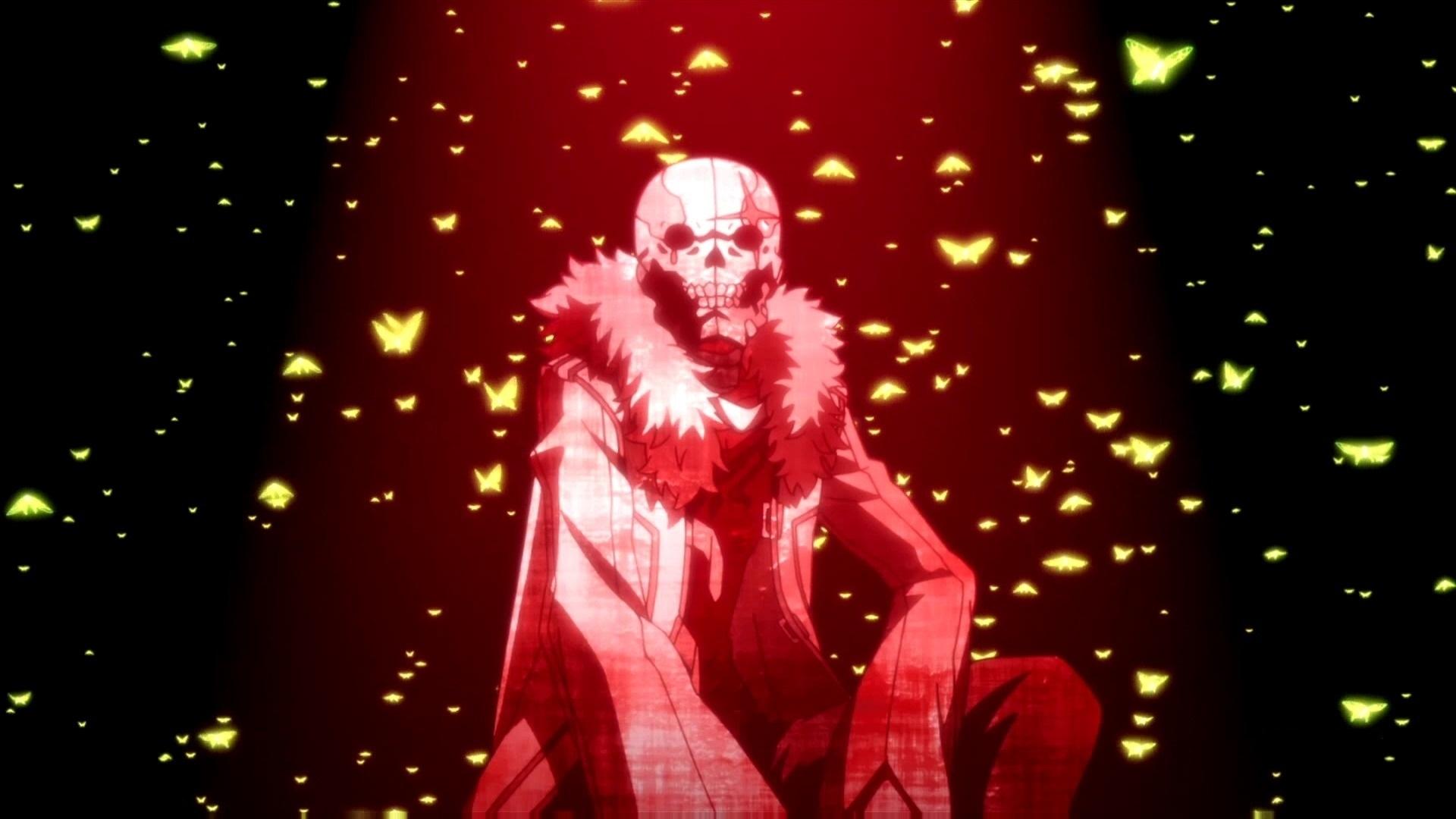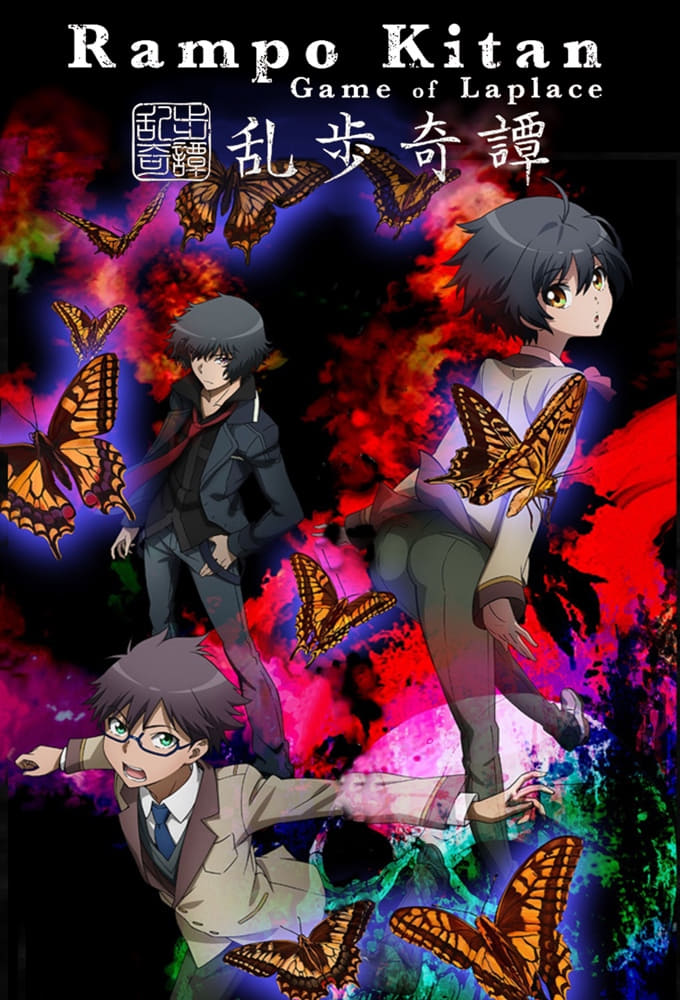
Rampo Kitan: Game of Laplace (2015)
Rampo Kitan: Game of Laplace (2015)
What is justice? How do we stop crime? How can we save the people we love?
Rampo Kitan is an anime that focuses on these questions and I will give my view on the anime as a criminology student. Based on the work of R.E., this anime uses the vague concepts of his characters + stories to put them into an anime with basic philosophical questions.
The first 2 episodes have subtle nods towards how the public views alleged criminals -- guilty until proven innocent. Not due to us naturally being cautious of possible killers, but rather as a way to morally distance ourselves against those whom are even slightly different to us. Not only that, it introduces the idea of whether the issue of crime is within the perpetrators (right-leaning) or the system itself (left-leaning). These topics become the main theme of the anime.
Stan Cohen (in his book about folk devils) established the idea of 'moral panics' where the public/media, upon learning of something morally distressing, will over-react to an issue and often heavily contribute to it (creating a cycle of abuse that gets worse and worse); while this isn't the only theory of crime, this is one I felt was easiest to explain in this review. This anime tackles this topic directly through the symbol/character of '20-faces'.
Episodes 3 to 5 establish a never-ending cycle among the people and how the system fails the people. While I don't agree with the character's logic in episode 5, I can empathise with it quite easily. He believed that defences to crimes, like insanity, shouldn't exist because it allows criminals to get a lighter sentence/acquittal -- therefore its better to just kill the criminals instead (classic vigilantism). However, the character blatantly ignored how prosecutors, out of their own greed, are willing to drop cases that aren't a 100% win just so they can get a promotion (allowing criminals to get away with crimes and harm people further). The character himself became the insanity that he despised in the system (except, he got a conviction because he was a threat to the prosecutors because undermined the criminal justice system). The character blamed the high recidivism rates on criminals being bad themselves (right leaning) rather than the system itself (left leaning).
20-faces is a symbol/mask for exactly that: the hate that the public proliferates turning against the system rather than reforming it. People seeking revenge on criminals (or those that do wrong) use this mask as a way to build up courage to take justice in their own hands. While it was intended to deter crime -- scaring people away from crime (as an eye:eye situation), it obviously doesn't work since deterrence has never worked as a form of punishment (since crime is spontaneous, its not some meticulously planned thing or biological).
As a criminology student, I have learned in my lectures that the most effective, but underfunded, way of reducing crime is rehabilitation (I'd argue being in opposition to deterrence). However, it is also important to recognise that rehabilitation is also in opposition to capitalism (only properly working under socialism) because being able to help/change people is too expensive when cheaper options exist (that superficially work -- short sharp shock).
It was explained later that, while 20-faces was intended to be a deterrence to crime, the main character (Akechi) worked as an actual deterrence against them instead (creating a supposed food chain of Akechi > 20 faces > criminals). However the question arises towards, 'what is Akechi', is he a cop or a civilian, and whether 'if the cat eats the mouse, does it also eat the cheese?'. I don't have answers to this since I'm not smart enough for this, but I hope the reader ponders on this.
There's probably other things that I might have forgotten, but the general gist is Capitalism sucks.
Also the setting of it is very important (how the detective agency is above a loan shark office and near prostitutes -- like in the vipers den of sorts. While also including other taboo topics like homosexuality and pedophilia (and what kind of pedophilia is acceptable (Shadow man)). I would explain this in detail but I'm too lazy -- maybe if I ever become a video essayist I will.
The anime is pretty good from my POV. I felt like the pre-determinism thing is a little iffy. The characters (especially the themepark episode) felt under-developed at time -- like this anime was meant to be 18-24 episodes but had to be cut to 11.
Loading




